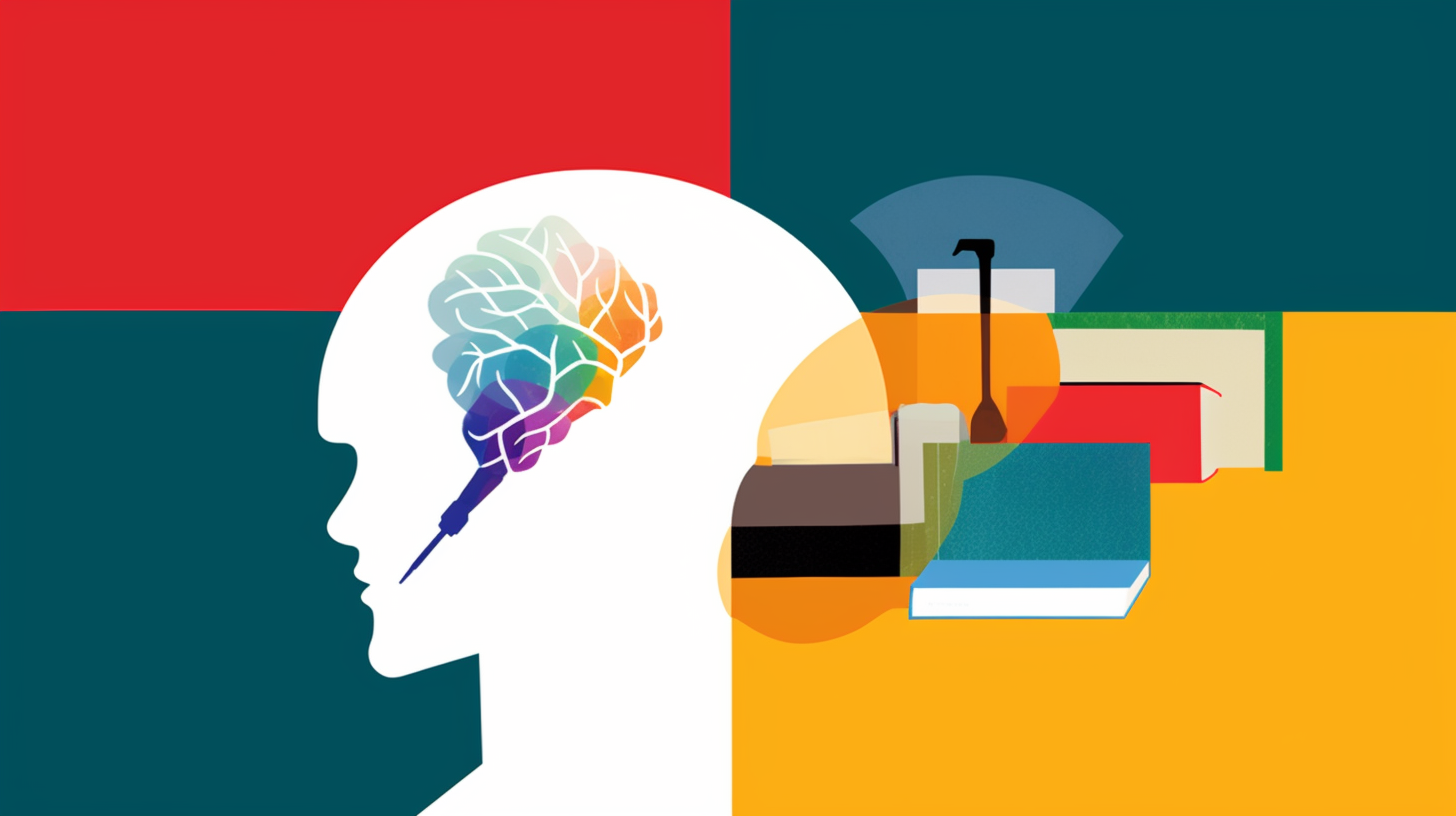
Global group of experts advises on concrete steps towards a robust AI certification ecosystem
When new technologies enter the world, they must earn trust. How can we create trust in artificial intelligence? A new report from the Certification Working Group (CWG) explores the necessary elements of an ecosystem that can deliver effective certification to support AI that is responsible, trustworthy, ethical, and fair.
SRI’s annual conference, Absolutely Interdisciplinary, returns in May of 2024
The Schwartz Reisman Institute’s annual academic conference will take place May 6–8, 2024, with select sessions taking place in the newly-completed Schwartz Reisman Innovation Campus located in the heart of Toronto’s Discovery District. Speakers include: Peter Railton, Harper Reed, Huili Chen, Ray Perrault, Gillian Hadfield, and more.
Automated decision-making in courts of law: A conversation between Nathalie Smuha and Abdi Aidid
Can algorithmic decision-making help clear backlogs in the courts, and is this a justified use of the technology? Do automated systems make “better” decisions than human judges, and what do we mean by “better”? Should legal professionals be involved in the design of automated systems, and if so, how? Nathalie Smuha and Abdi Aidid discuss these and related questions.
Five key elements of Canada’s new Online Harms Act
Canada’s federal government has released the latest draft of its online harms bill, otherwise known as Bill C-63. Below, Schwartz Reisman researchers take us on a tour through key aspects of the bill, including its taxonomy of harms, new expectations and requirements for social media platforms, and new kinds of protections for children and youth online.
The terminology of AI regulation: Preventing “harm” and mitigating “risk”
We hear certain terminology used frequently in efforts to regulate artificial intelligence. But what do we mean when we talk about “harm, “risk,” “safety,” and “trust”? SRI experts take us through the implications of the words we use in the rules we create.
What are LLMs and generative AI? A beginner’s guide to the technology turning heads
What is generative AI? How do large language models work? SRI Policy Researcher Jamie Sandhu lays the groundwork for understanding LLMs and other generative AI tools as they increasingly permeate our daily interactions.
A new generation reflects on data and human rights
Undergraduate students at the University of Toronto reflect on what they learned from attending a book launch event on data and human rights—and how they see the future unfolding in the digital age.
New cohort of SRI faculty affiliates announced for 2024
The Schwartz Reisman Institute is pleased to announce the addition of 10 new faculty affiliates to its research community. Hailing from across the University of Toronto, the new cohort of faculty affiliates brings an array of expertise from diverse fields including sociology, Indigenous studies, philosophy, and computer science, enriching the scope of research conducted by SRI’s vibrant community.
SRI Seminar Series presents cutting-edge research on the social impacts of advanced technologies
The SRI Seminar Series returns for 2024 with 12 exciting presentations exploring how data-driven technologies are changing our world, including talks on economics, law, political science, privacy, behavioural science, linguistics, and the ethics of AI. Registration for all sessions is now open.
New SRI working group will explore the role of trust in human-ML interaction
Do we trust machine learning systems, and if so why? How can ML systems earn and maintain our trust? These and related questions will be explored by an interdisciplinary working group convened by Beth Coleman now accepting applications from PhD and postdoctoral researchers.
2024 call for Schwartz Reisman faculty and graduate fellowships now open
The Schwartz Reisman Institute for Technology and Society has launched its call for 2024 faculty and graduate fellowships, open to researchers at the University of Toronto whose work explores the social impacts of new technologies.
Rethinking AI regulation: CIFAR policy brief explores paths forward for regulating in a new world
What’s missing from current efforts to regulate artificial intelligence? SRI researchers author a new CIFAR AI Insights Policy Brief on bracing for large-scale economic, social, and legal change—and how policymakers can adapt governance infrastructure to an economy transformed by AI.













